With so many mainstream articles published on the mental health benefits of magic mushrooms and the possibility magic mushrooms will be fully decriminalized, it’s no wonder magic mushrooms are in the spotlight and there’s a lot of conversation around their myths and misperceptions. If you aren’t to familiar with “magic mushrooms”, you may wonder what all the fuss is about.
Magic mushrooms grow wild but can also be cultivated. Magic mushrooms produce a compound called psilocybin, a naturally-occurring psychoactive and hallucinogenic compound. In fact, psilocybin is one of the most well-known psychedelics out there.
In the United States, psilocybin is currently classified as a Schedule I drug. This means there is a high chance that it would be abused, as such it is not accepted for medical use, neither has it been legalized for recreational use.
However, the use of psychedelic mushrooms has increased substantially over the years. This has resulted in a heightened interest in the drug. and magic mushrooms are now more accessible than they’ve ever been.
Along with this rise in use has been a commensurate rise in intellectual curiosity around magic mushrooms. Today the topic is being discussed far more frequently and openly with much less prejudice compared to the more prohibition-type attitudes of a decade ago.
With increasing reports of positive experiences with magic mushrooms and scientific evidence of therapeutic potential, there’s more desire than ever out there from people interested in learning about the facts.
In this article we take a look at the effects and experiences magic mushrooms elicit in humans, their potential as a medicinal drug as well as a recreational drug, while debunking a few myths along the way.
Myth: Psilocybin Stays in Your System Forever
We’ve all heard that story about a person who took magic mushrooms and never recovered from it; or that psilocybin stays in your system for the rest of your life and traps you in a never ending psychedelic trip. Well, as you might have guessed, this is one of many myths about psilocybin mushrooms. Within 6 to 12 hours, the short term effects of shrooms do wear off.
The caveat to this truth is that, although your body will filter psilocybin out and the trip will end, memories of the trip could be forever—as could be the personality changes that occur when people experience epiphanies or self-reflections. These sometimes cause people to change particular behaviors permanently, if not at least for the short-term. These are usually positive changes as people gain an insight in how to address a problem, or discover a better perspective or attitude. Some refer to the effect experienced while on magic mushrooms as ‘ego death’, a process that strips the self away and allows someone to experience emotion in a detached way as opposed to being the direct subject of those emotions.
There is, however, a condition called Hallucinogen Persisting Perception Disorder (HPPD), characterized by occasional or persistent flashbacks of reality distortions experienced in a previous psychedelic drug experience. The prevalence of HPPD is currently unknown, but it appears that the majority of people who use psychedelic drugs never develop clinically relevant HPPD.
It takes psilocybin roughly 12 hours to be completely eliminated from your system but once the short term effects wear off you won’t experience any further effect until you take another dose.
Myth: You Will Get Addicted
This is another myth. People do not get addicted to using magic mushrooms and do not experience a powerful compulsion to use the drug. There are a few reasons for that.
For some, this has to do with the raw potency of the drug. Many psychedelic mushroom users feel humbled after using the drug and take time away from the drug to reflect on their experience. This often leads to epiphanies that can have permanent effects on the user’s personality. Another reason people don’t get addicted is that they build up a tolerance to magic mushrooms quickly and stop feeling the drug’s psychedelic effects if used too often. A common practice amongst people who use psychedelic mushrooms is to take tolerance breaks, a practice which involves staying away from the drug for prolonged periods of time.
Used in a psychotherapeutic setting, magic mushrooms may actually assist with alleviating alcohol and nicotine dependence.
Psilocybin is not chemically addictive. You are more likely to get addicted to your cellphone and coffee than consuming “magic mushrooms.”
Myth: You’ll Experience Hellish Withdrawal Symptoms
If you’ve watched the movie ‘Requiem for a Dream’, you’ll likely recall the traumatic dramatizations of withdrawal. Many people believe that people who use psychedelics will experience a similar type of withdrawal, but the truth is that people who use shrooms rarely experience any physical withdrawal symptoms. This is not to say that it is impossible to experience any withdrawal symptoms whatsoever, several users have reported feeling some depression as a withdrawal symptom.
Myth: Magic Mushrooms are a Party Drug
This is also untrue. This is not to say that mushrooms can’t be used recreationally but the idea that shrooms are a party drug is just wrong. Most shroom trips take place in settings with small groups of people at home or out in nature; where they can experience all kinds of mind-expanding experiences and hallucinations including very positive feelings of peace, acceptance, humility, and in some cases ‘ego death’.
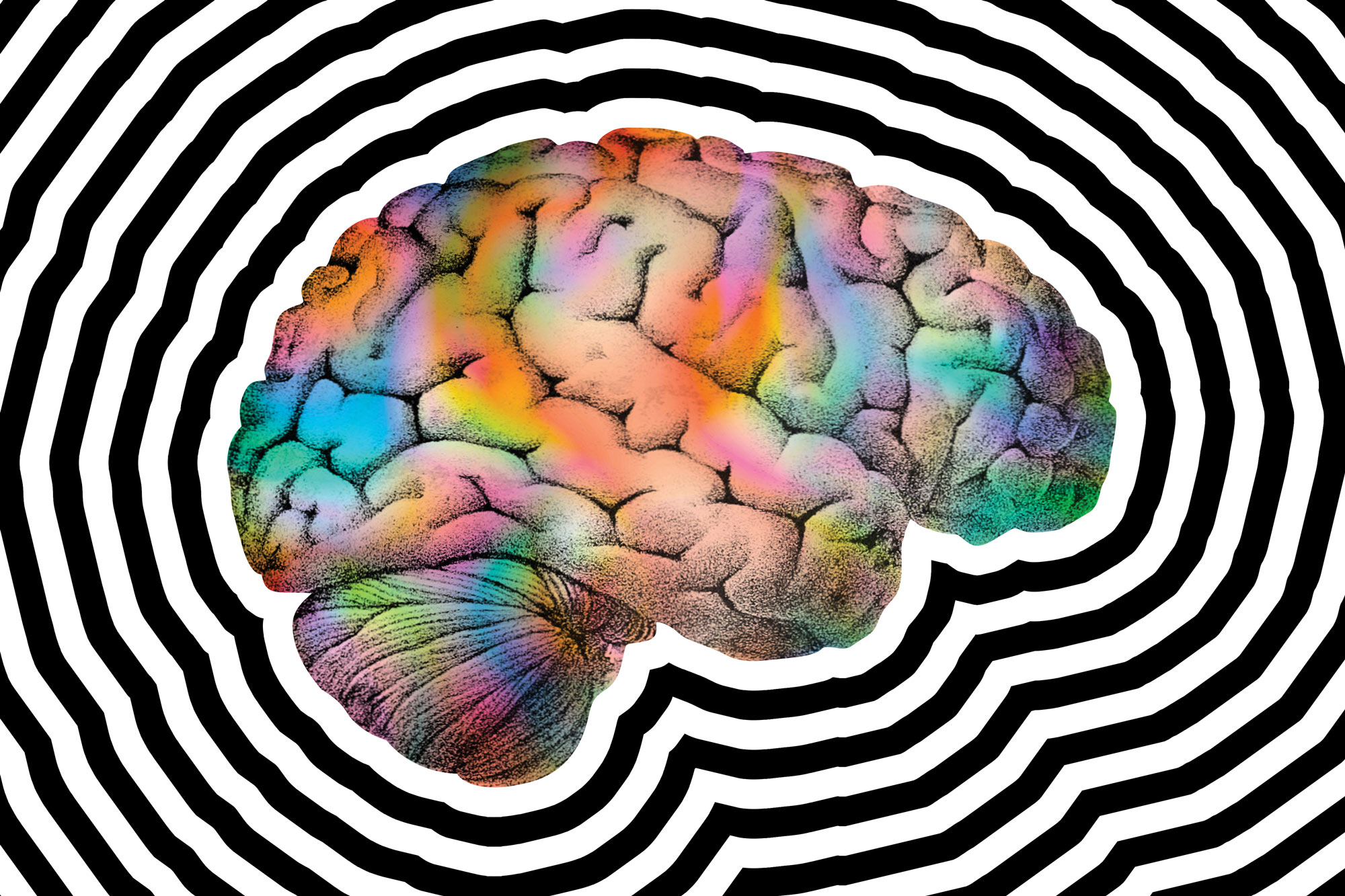
Myth: Magic Mushrooms Will Always Give You a Euphoric Experience
Unfortunately, this is one of the myths about magic mushrooms that I wish it was true. The psychedelic experiences that result from consuming magic mushrooms are not always positive or euphoric, and some people can experience a ‘bad trip’. Your shroom trip can go either way and there is a possibility that the effect will be bad. Like good trips, bad trips can have a lasting effects on personality.
Psychedelics mushrooms are hallucinogenic drugs, so a bad trip can be a pretty terrible experience. If you have schizophrenia or bipolar disorder, or are experiencing depression or insecurity, it’s probably better to stay away from magic mushrooms as you could be exposed to your inner fears and have a bad time rather than a recreational experience.
Myth: Magic Mushrooms are Toxic and Can Cause Fatal Overdoses
While it is possible to overdose on psilocybin mushrooms, it is extremely rare. A survey conducted in 2016 showed that out of 12,000 people who took psilocybin, only 0.2% reported requiring emergency medical treatment.
Psychedelic mushrooms have the potential to be toxic when taken at very high doses. But even then, it is rarely ever lethal. There is a much higher chance of you dying of painkillers, anti- depressants, salt or alcohol. Magic mushrooms rarely pose a risk, unless of course you have a condition like schizophrenia and face the risk of triggering an episode.
Wow! There are a LOT of myths out there!
Over the years, fearful attitudes and prohibitionist propaganda have ensured that there is a lot of bad information and myths circulating out there about magic mushrooms, most of which is completely false. On the flip side, there are also quite a few people who praise the benefits of shrooms while leaving out some important facts that could prevent people from having horrible experiences. The truth is somewhere in the middle
As long as you’re armed with good information and you have a good eye for spotting myths, your experience with magic mushrooms will likely be very enjoyable and perfectly safe. There are legions of people that have had a great shroom trips; some people have even had such positive experiences, they went on to change their lives for the better! But even so, approach magic mushrooms with humility and without fear and plan to have a safe, mind-altering trip. Have fun!
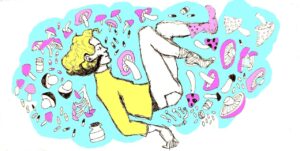
Psychedelic Mushrooms: 10 Amazing Benefits
Psychedelic mushrooms aren’t just for tripping anymore. Researchers are garnering evidence that medical psilocybin may help deliver a surprising number of benefits; from boosting creativity, […]
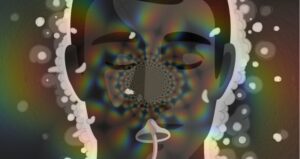
First Shroom Trip? Some Do’s and Don’ts to Enjoy the Best Trip!
Are you considering a shroom, but unsure how to go about it? Could shrooms be dangerous? How can you have the best trip possible? Are […]
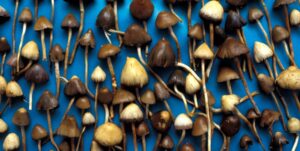
Psilocibin: 15 Amazing Things You Didn’t Know
Everyone knows psilocibin is a great way to get introduced to the magic of psychadelics, but is there more to psilocibin than just a trip? […]
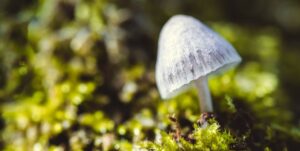
Psilocybe: Fun Facts You Should Know About This Fantastic Fungus!
Psilocybe, for the uninitiated, is a brown-capped mushroom that can send you off on an amazing psychedelic trip. Also called magic mushrooms, shrooms, golden tops, […]
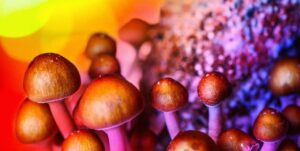
Magic Mushrooms: A Quick Guide
What Are Magic Mushrooms? What’s Psilocybin? New to mushrooms? Well here’s a quick magic mushrooms guide to get you started. Humans have been using magic […]
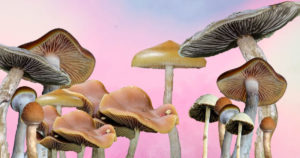
The World’s 10 Favorite Strains of Psilocybe Mushrooms!
People have been taking shrooms and expanding their minds the world over for centuries. Most shroom-lovers see psilocybin as a guaranteed giggle-fest, but did you […]
